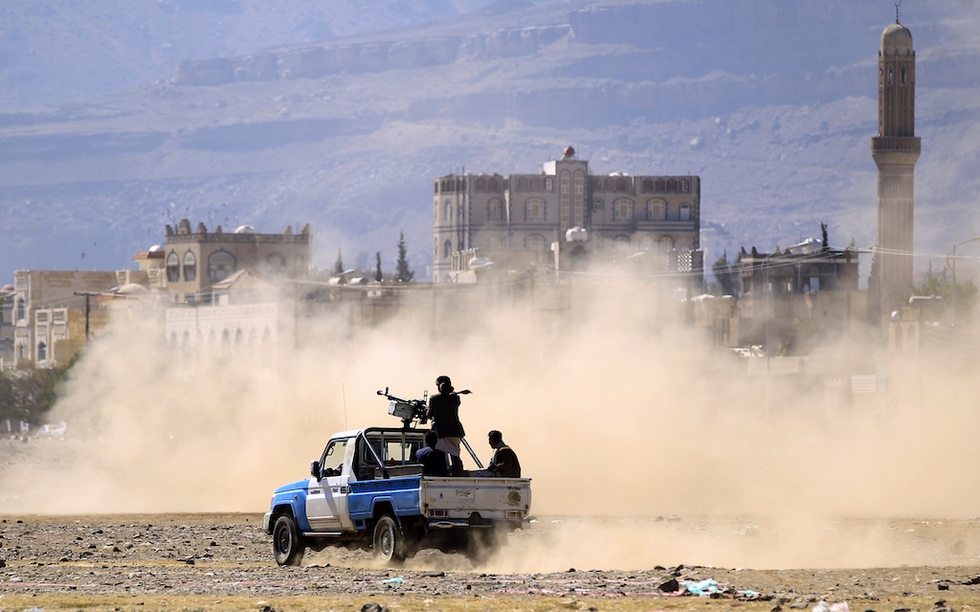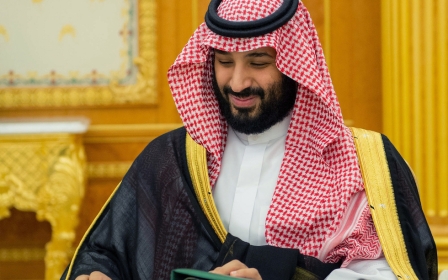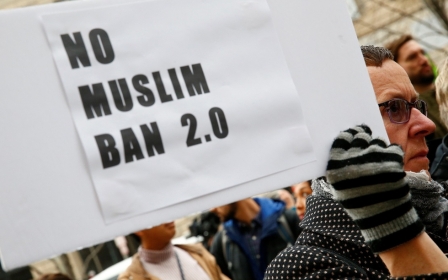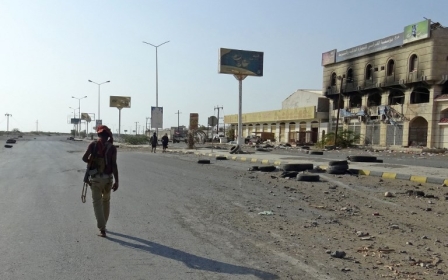'Uneasy calm' in Yemen's Hodeidah following fighting overnight

The battleground Yemeni port city of Hodeidah, a lifeline for the country, was relatively calm on Thursday after a minor exchange of fire between the warring parties overnight, a pro-government official said.
Military officials and residents have said there has been intermittent fighting between loyalists - backed by a Saudi-led coalition - and the Iran-aligned Houthis since a truce in the Red Sea port city and its surroundings came into force on Tuesday.
A pro-government official told AFP that four loyalists were wounded on Wednesday night.
"The exchange of fire lasted for about half an hour, and there is uneasy calm this morning," he said.
The official added there has been intermittent fighting on a number of battlefronts in Hodeidah province, including the districts of Hays and al-Tuhayta.
The pro-government forces and the Houthi rebels exchanged accusations on Thursday that the other side was violating the ceasefire agreement reached at talks in Sweden earlier this month.
"The future of Hodeidah fundamentally depends on this peace agreement," Yemeni journalist Baseem al-Jenani, from Hodeidah but now based in Sudan, told Middle East Eye.
He said a successful ceasefire would "save the population" of Hodeidah.
"If the peace agreement is not implemented, the city will be dragged into an obsolete war and fighting will continue in the streets."
UN observers are due in Yemen to head up monitoring teams made up of government and rebel representatives tasked with overseeing the implementation of the UN-brokered ceasefire, under the auspices of a Redeployment Coordination Committee.
The UN chair of that committee, Patrick Cammaert, convened its first meeting by videoconference from New York on Wednesday "to discuss the general outlines of its work, including agreement of a code of conduct", UN spokesman Stephane Dujarric said.
UN chief Antonio Guterres was "breathing down the neck" of officials to make sure the UN observers are deployed as soon as possible, Dujarric said.
He added that Cammaert will head to Jordan's capital Amman on Thursday, from where he will travel to the Yemeni capital Sanaa and then to Hodeidah.
Brigadier Ahmed al-Kokbani, a Yemeni government representative on the committee, told AFP that the observers' meeting with Cammaert covered the bases of the committee's work.
"Cammaert asked members of the team to work diligently in calming the situation and to reject any violations (of the truce deal)," he said.
The Saudi-led coalition warned Wednesday that the hard-won ceasefire agreement will collapse if rebel violations persist and the United Nations does not intervene.
The Redeployment Coordination Committee's observers are due to oversee the withdrawal of the warring parties from Hodeidah, including a rebel pullout from the city's docks, which are the point of entry for 80 percent of Yemeni imports and nearly all UN-supervised humanitarian aid.
Baseem al-Jenani wondered whether the ceasefire will successfully remove Houthi influence from the city, questioning the intentions of the rebel group.
"There are also a lot of people saying that whoever takes power now should be whoever was in power in 2014. But the problem is that many who were in power in 2014 are now affiliated with the Houthis," he said.
"That includes members from local councils and the heads of administrations, so they will continue to submit to the powers of the Houthis and work with them in defence operations and military offensives."
The committee chair is expected to report to the Security Council on a weekly basis as part of a major diplomatic push that is seen as the best chance yet to end the conflict.
The war between the Houthi rebels and troops loyal to President Abd Rabbu Mansour Hadi escalated in 2015, when he fled into Saudi exile and the Saudi-led military coalition intervened.
Since then, the war has killed some 10,000 people, according to the World Health Organisation, although human rights groups say the real death toll could be five times as high.
Aaya al-Shamahi contributed to this report
New MEE newsletter: Jerusalem Dispatch
Sign up to get the latest insights and analysis on Israel-Palestine, alongside Turkey Unpacked and other MEE newsletters
Middle East Eye delivers independent and unrivalled coverage and analysis of the Middle East, North Africa and beyond. To learn more about republishing this content and the associated fees, please fill out this form. More about MEE can be found here.




